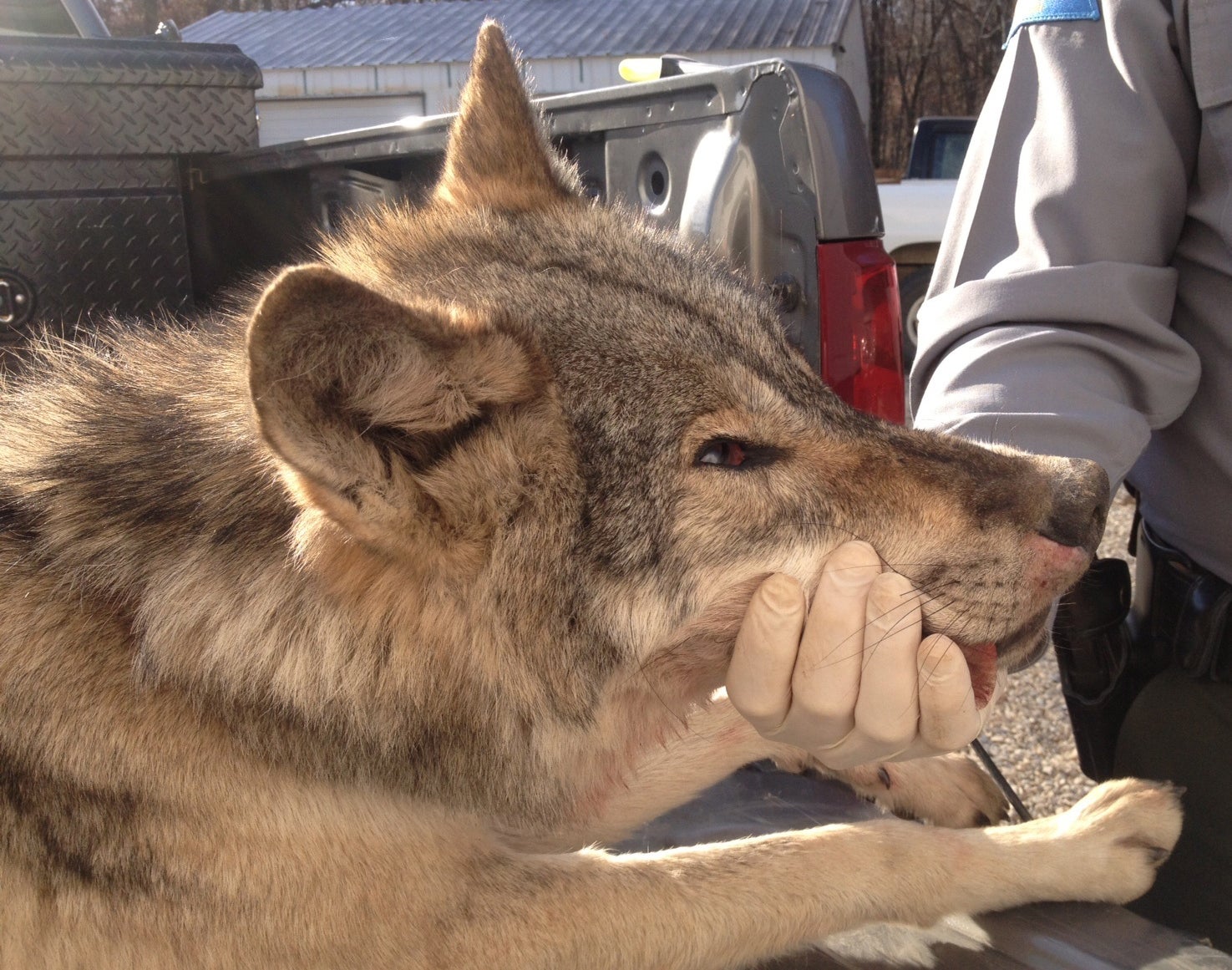
Xplor reconnects kids to nature and helps them find adventure in their own backyard. Free to residents of Missouri.


































Stay in Touch with MDC news, newsletters, events, and manage your subscription

Xplor reconnects kids to nature and helps them find adventure in their own backyard. Free to residents of Missouri.

A monthly publication about conservation in Missouri. Started in 1938, the printed magazine is free to residents of Missouri.


CAPE GIRARDEAU, Mo. – According to the Missouri Department of Conservation (MDC), DNA testing will help determine if a canine shot in Wayne County in late November by a private landowner while hunting is a gray wolf, coyote, or other canine species. The landowner contacted MDC after he shot the animal and surrendered it to the Department so MDC could determine what species the animal is.
Coyotes may be taken by hunting throughout the year as permitted by the Wildlife Code of Missouri. Wolves are a protected species in Missouri.
When a canine that appears to be a wolf is shot or trapped in Missouri, MDC biologists use DNA testing to determine if it is a wolf, wolf hybrid, or other type of canine. DNA testing can also reveal the origin of the animal.
“Because of the great variety in the bodies of dogs, coyotes and wolves, it’s important that we get DNA evidence to ensure correct identification of the animal,” MDC Resource Scientist Jeff Beringer said. “We have DNA signatures from all captive wolves and wolf-hybrids in the state. We also compare DNA from the animal in question with DNA of wolves around the country to help determine the origin of the animal.”
Initial examination of the animal by Beringer determined that it was an 80-pound female canine, approximately two years old. The animal did not have a microchip, tag or tattoo, which would identify it as an escaped captive animal.
Beringer said that wolves can appear similar to coyotes, but are significantly larger. Coyotes seldom exceed 30 pounds in Missouri.
According to MDC, there is no known breeding population of wolves in Missouri. Over the past decade, Missouri hunters have occasionally shot wolves that wandered here from other states, mistaking them for coyotes.
“The few wolves that have appeared in Missouri in recent years are young animals from other states seeking new territories, particularly from Minnesota, Wisconsin, or Michigan,” Beringer said.